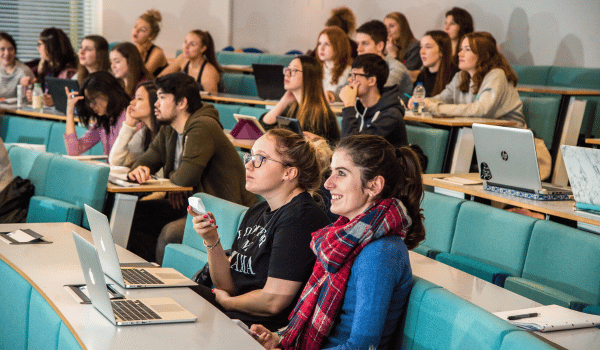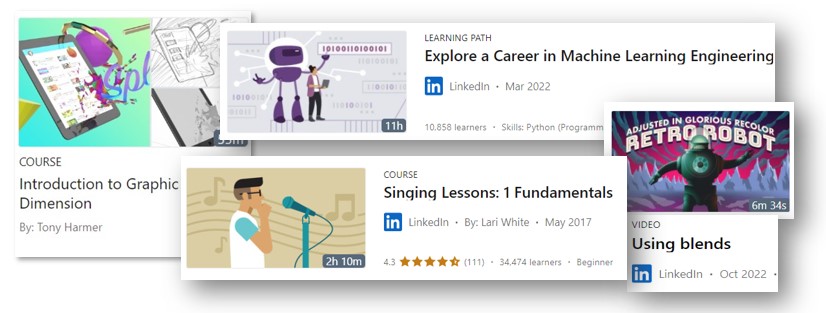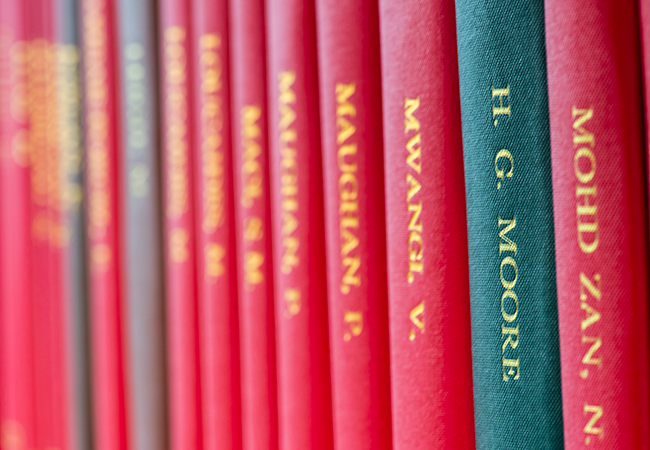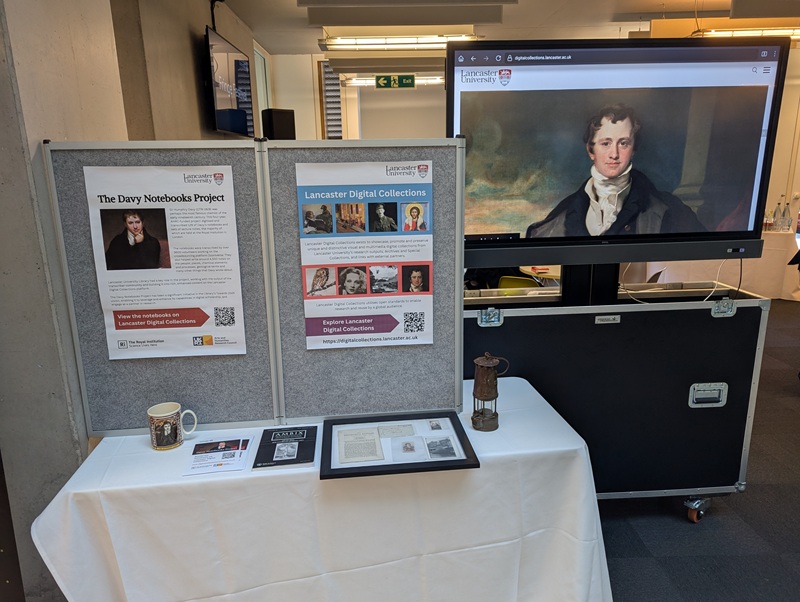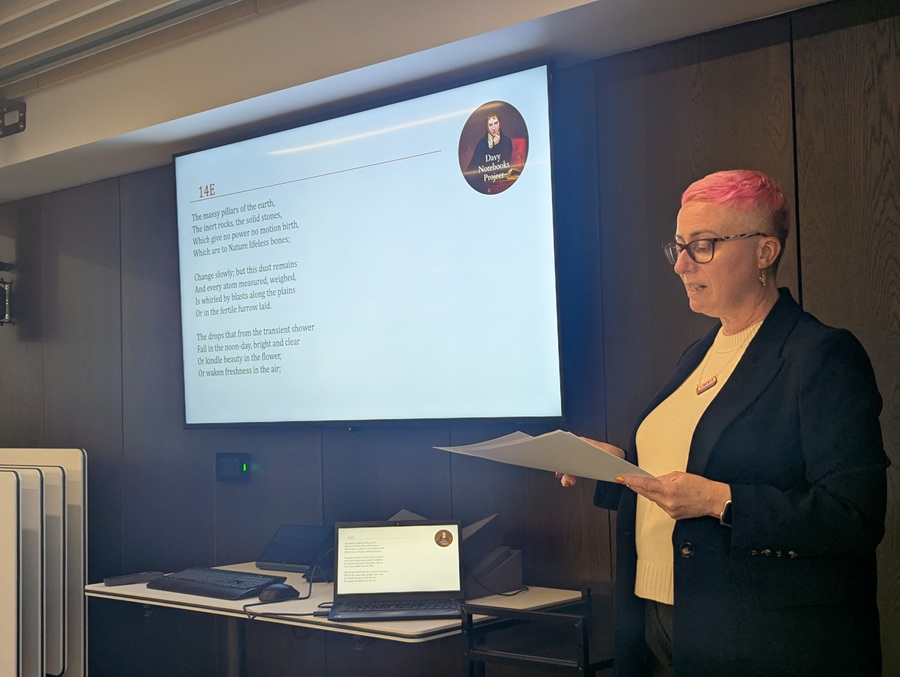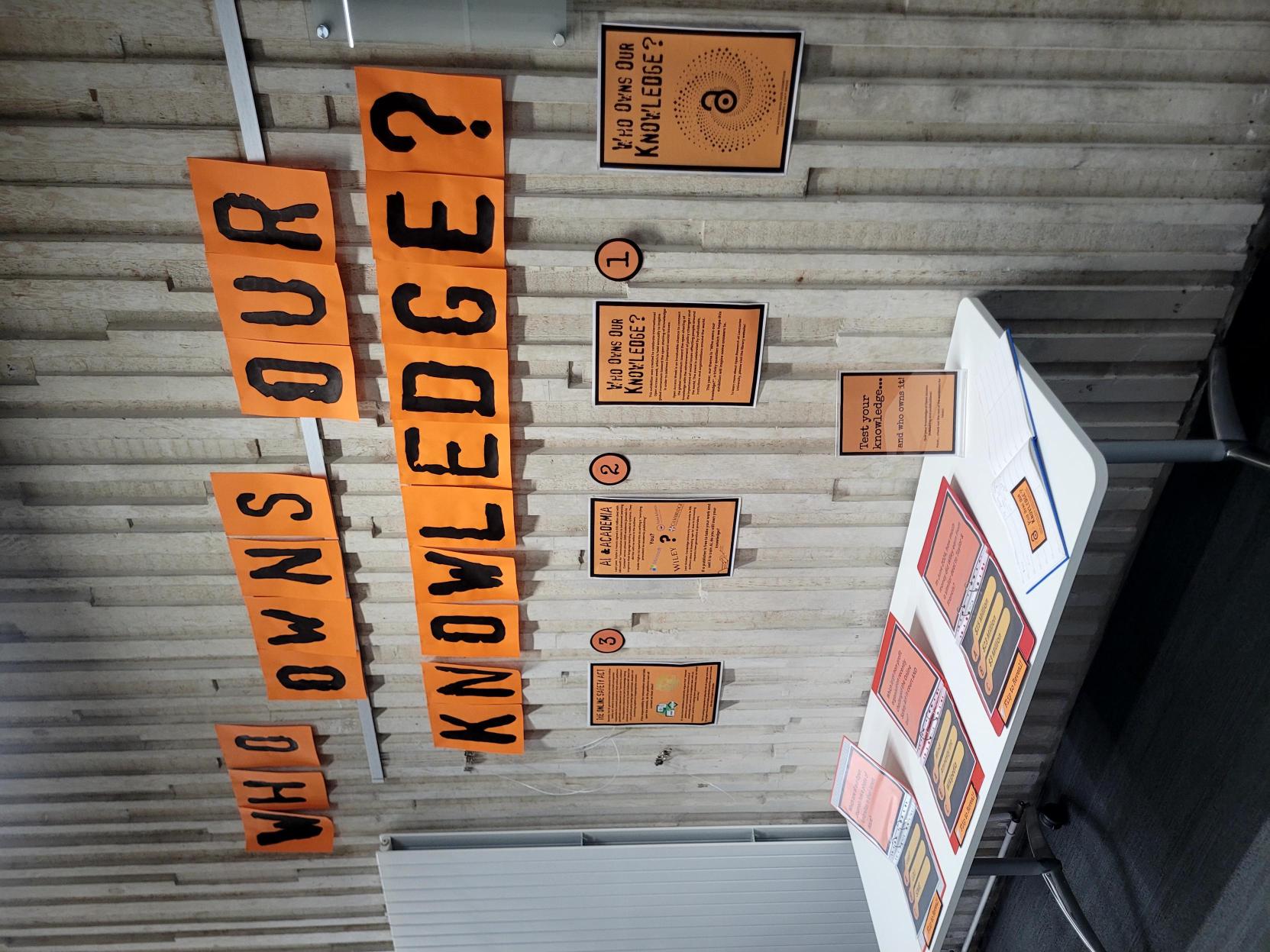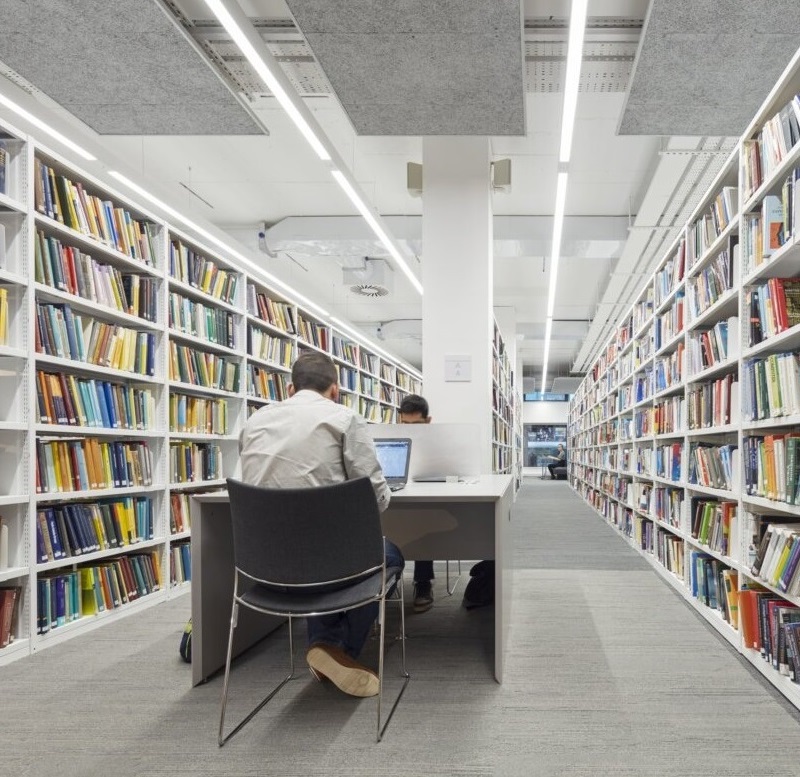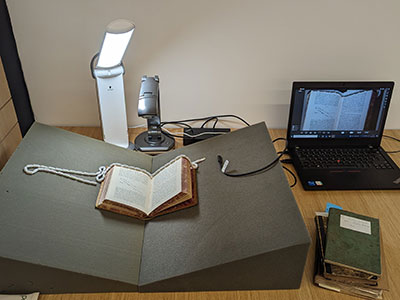Electronic thesis deposit has been a mandatory requirement for students registered from October 2011 onwards, but there is a large collection of theses available in print format only, dating back to 1967 which are difficult for researchers to discover and access.
The aim of this special project is to promote the importance of graduate research and increase visibility and accessibility of Lancaster research theses with the overall goal to share knowledge and foster collaboration with a global audience. Theses are the result of originality, hard work and critical thinking and deserve to be disseminated widely to the research community.
“For me, if it’s [the thesis] not online in major databases it does not seem to exist. It seemed a waste to have done the work and no-one else benefit from it” Lancaster Alumnus
Between 2022 and 2025, the Library has sent 5,000 research theses to be professionally scanned by a company, Microform. The ProQuest content team is processing the digitised files and creating detailed metadata records including subject headings and keywords to enhance discoverability. The digital files are being added to the PQDT Global database incrementally. The thesis files and records are also made available to the Library to disseminate as open access documents which constitutes the next stage of the project.
Early investigation of the usage of the files on the PQ database is very encouraging – an analysis of the usage of theses awarded between 1967 and 2000 indicates that introducing older content to the current field of academic debate is a valuable contribution to research – older dissertations provide additional context for a theory that has been developed over time, and show trends that have taken place.


.png)
